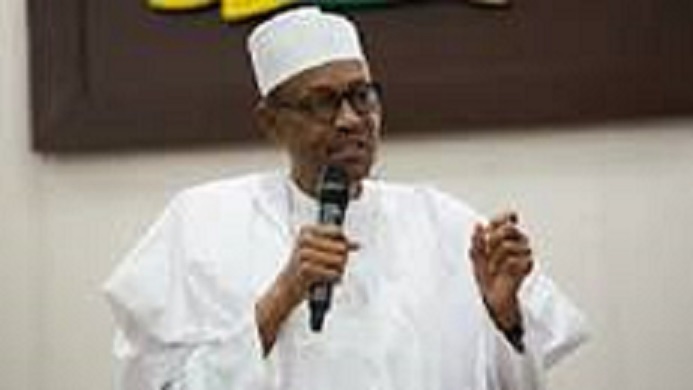Prof. Victor Adetula, Head of Research at the Nordic Africa Institute says Nigeria’s foreign policy is moving in the right direction under President Muhammadu Buhari.
Adetula made this known at a lecture tagged ‘Nigeria in a changing world: Challenges and Options’ which held at the Ministry of Foreign Affairs in Abuja.
The lecture which was organised by the Society for International Relations Awareness in collaboration with Friedrich-Elbert-Stiftung, focused on improving the policies of Nigeria and strengthening its stance in the international community.
“Undeniably, the administration of President Muhammadu Buhari is making some efforts to redirect Nigeria’s foreign policy to address its immediate challenges.
“These challenges include solving the problem of insurgency in the north east, revamping the national economy, putting a stop to corruption, improvement in power and education.
“The administration of Buhari has from its inception, been committed to building confidence in the countries leadership and repairing its external image.
“Invitations to international platforms such as the Group of Seven and G20 summits are indicative of the recognition accorded of the administration.
“President Buhari adopted and accorded the national economic and recovery growth plan to enable the country come out of recession.
“As part of the efforts to strengthen the countries anti corruption campaign, Nigeria is seeking partnership with international agencies and individual countries which well help confront crime and corruption.”
Adetula said that in order to have strong relations with other countries through foreign policies, Nigeria has to work on its domestic settings.
“The challenges of internal insecurity, a mono cultural economy, corruption and poor service delivery have serious implications on Nigeria’s external relations.
“While the relationship between the internal and external settings are significant, it is however important to acknowledge the impact of development and contradictions in the international system and the capacity of government to effectively formulate and execute foreign policies”, he said.
He said due cognisance should be taken of the international system where states interact with one another based on their national interests and values as an arena for both competition and cooperation.
According to Adetula, countries have become more reserved to preserve their national interest but Nigeria has remained set on its vision to strengthen its relations”.
“The world is noticing a retreat of global cooperation which has great consequences for global peace and international security causing states to turn to isolationism.
Citing what he described as sudden and far reaching changes in UK’s policy towards EU, he added that the withdrawal of the U.S. from the transpacific agreement as well as its similar destructive policy towards North Atlantic Treaty Organisation indicates a variation in the behaviour of states in the post-cold war international system.
“The behaviours of states however is known to be conducted by their own national interests especially with societies where their institutions are still evolving.
“Regional powers generally pursue foreign policies that are more globally oriented and Nigeria has continued to do credibly well in this regard”, he added..
“For most regional development initiatives, Nigeria instigates potential and actual capabilities that are defined and measured in terms of its political and socioeconomic vision.
“Nigeria takes into consideration its transnational environment, aspiration for a leadership role, political legitimacy, military strength, resource environment, and its political willingness to implement its vision.’’, he said.



Leave a Reply